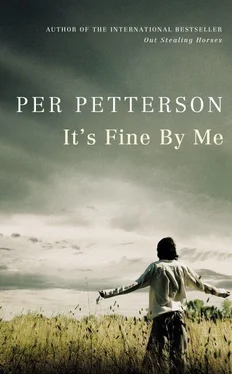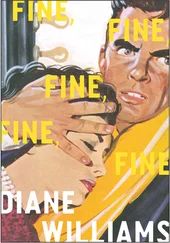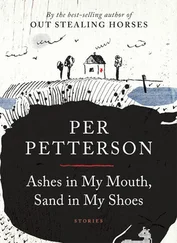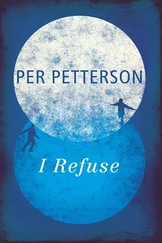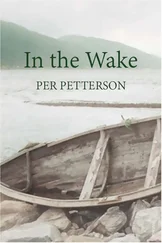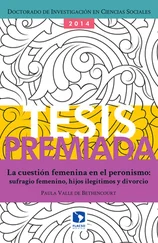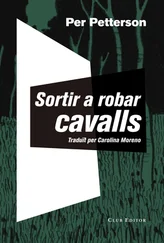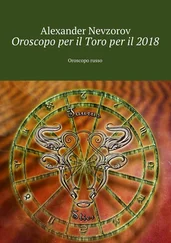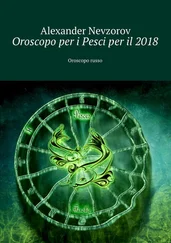‘NOT ONE MORE STEP!’ I shout. ‘WHAT THE HELL ARE YOU DOING HERE? GO AWAY!’ I raise my clenched fists, and my body tells me I am stronger than him. He stops, resting his hands on his hips and tips his head to the side in a pose I know so well, and it always unsettled me, which is what it’s supposed to do. I stand with my fists in the air, and maybe he too feels unsettled. At any rate he turns and heads back for the main road, and I stay there until I am certain he has gone, and only then do I hurry down, back to the houses. I’m just a few steps along the footpath when I hear his laughter, and it makes my blood run cold. I cannot restrain myself and break into a run.
I CROSS TRONDHJEMSVEIEN, walk past the church at Grorud and down the hills. I took the Metro today, I didn’t want to walk the whole way, I couldn’t do it. I sat all the way up looking straight ahead of me. My neck is aching, and still it’s a long walk. Something growing in my chest makes me short of breath, forcing me to swallow again and again, but it doesn’t help. I gaze into the cemetery where Egil is buried. It’s hard to walk past without stopping, but when I do, I don’t know what to think about him being dead. Like I always do, I stand there with my mind going blank and a wave of heat rushing up from my legs. I walk down the hill and it’s as if someone is staring at me from behind.
I have changed my checked flares for regular Wranglers. I didn’t have to, but still, it’s a relief.
I come down the hill on to the brow and the narrow valley opens up and branches off onto Østre Aker vei, and just ahead of me is the yellow school building right by Grorud railway station and Grorud ironware factory barely visible behind the hillock to the left. On the other side of the railway line, there are the star-shaped houses where many of my classmates live: May Brit, Bente and Bente and Henrik. Their fathers are train drivers, or something else to do with the railway, and they all know each other. The school is at the bottom of the valley, and, to the left, beneath the cliff, the teachers live in their terraced houses, and a few writers too: Tor Obrestad, Einar Økland and Paal-Helge Haugen. Like birds on a wire, they sit in their windows looking up to the sky with the sun on their faces, holding on to the secret, and I envy them so furiously it makes my legs tremble. I have Haugen’s Anne in my rucksack. It’s like nothing else. So far, Gorky has been my hero, My Childhood the book above books, but Anne is lying there, in the book, seeing herself and the world through a haze of fever, and I can’t get her out of my head, it makes me think about when I was thirteen, in bed with yellow fever in a house I hated more than anything else.
There is a cold wind blowing through Groruddalen, a constant blast of air all the way from the sea right up to Gjelleråsen Ridge, sweeping along Trondhjemsveien, chilling Østre Aker vei, and even the toughest boy wears a cap in winter to keep his ears from freezing to glass. It’s still only October, but I am shivering where I stand looking almost right down into the schoolyard. The flag is flying though I can’t imagine why. A gust of wind comes and unfurls it and I laugh out loud because the flag is red and blue with a large yellow star in the centre, it’s a rebel flag, it gives me a jolt just to see it there, and from where I am standing it’s clear that the halyard has been cut. If they want the flag taken down, they’ll have to climb the pole first. I hurry down the last hill.
Down in the schoolyard, I see Arvid standing alone in the corner between the gymnasium and the slope Fru Haugen usually comes tripping down, her red hair on fire by the trees on the way to her music lessons. Arvid’s leaning against the wall, smoking and looking at the flagpole and the NLF colours flying. It is beautiful and unsettling at the same time; he smiles, a little cautiously, it seems, stubs out the cigarette and comes up to me. We are both late for different reasons, almost everyone has gone in for the first lesson and there are no teachers around. Together we walk to the hall with our bags over our shoulders.
‘OK then,’ I say, ‘that’s what you had to do?’
‘Yes,’ he says, ‘and now I guess there will be trouble.’
‘Did you expect anything else?’
‘Hell, no.’
And trouble there is. We have history with Wollebæk. After half an hour Arvid and Bente have tangled him in a long debate about imperialism and India’s development after Gandhi and then there is a knock at the door and in comes the headmaster. He reads out two names. They get to their feet and go with him. The two are Arvid and Henrik. When the bell rings they still haven’t returned, but outside, on the steps, we see them standing by the flagpole arguing with the headmaster. He wants them to climb up the pole to bring down the flag. They refuse. Students come streaming out and stand around them in a circle. The yard is packed, the headmaster waving with his hands, he’s warning them. Arvid and Henrik turn their back on him. Many Young Conservatives shout Boo! And the Young Socialists shout Victory To The NLF! but everyone else is just waiting to see what will happen. The headmaster turns to the crowd and starts to speak about 1814 and the founding fathers at Eidsvoll and the WAR and those who fought in it and what they would think if they saw foreign colours flying from a Norwegian flagpole. He waves his finger like a demagogue and stabs his points home, but his voice is unimpressive, it cracks on the high note, and those standing close to him, they grin and cover their mouths with their hands, and some at the back of the crowd jeer loudly, and Arvid turns and shouts:
‘But goddamnit, there is a difference, isn’t there! That flag,’ he shouts, pointing to the top of the pole, ‘is goddamnit the flag of an occupied country, just like we were! And the occupier is goddamnit the United States of America, that you’re so happy to have bossing the Norwegian foreign policy through NATO!’ The Young Conservatives howl as if possessed, they stamp their yachting shoes, jump up and down in their blue blazers and the headmaster’s face goes blotchy. I am still standing on the steps looking over the heads in front of me, and what I see is Simen Bjørnsen, the head of the school’s Young Conservatives, the Boy Scout, the great sportsman, on his way up the flagpole. He climbs like a monkey, he’s a natural , and before anyone has really taken it in, he is halfway up. The schoolyard explodes, it’s worse than on sports day, and as Simen slaps his hand on the top, unties the flag and lets it sail over the playground red and blue and yellow, and really, I don’t give a damn about this. I guess it’s all very important, but I am up to my neck in my own troubles, and it almost makes me throw up.
The crowd disperses and Arvid comes plodding after the headmaster towards his office. He looks defiant and lonely as he passes, and I pat him on the shoulder. He turns and looks into my eyes, but doesn’t see there what he is looking for, for he doesn’t even try to smile, just walks behind the headmaster with Henrik at his heels, and I don’t see him again that day.
Neither do I see him the next day, and when I get home from school I give him a call, and his mother tells me he has been expelled for a week. Two days for the flag and three days for swearing at the headmaster. And also, his conduct grade has fallen a notch, and if he behaves like this again, they won’t allow him to take his final exams. His father is in a rage, his mother tells me, though she seems quite unconcerned herself.
‘Can I talk to him?’
‘He’s out walking.’
‘Oh, is he. Where, then?’
‘I have no idea. I guess it’s me who should be asking you. Where do you two usually go?’
Читать дальше
